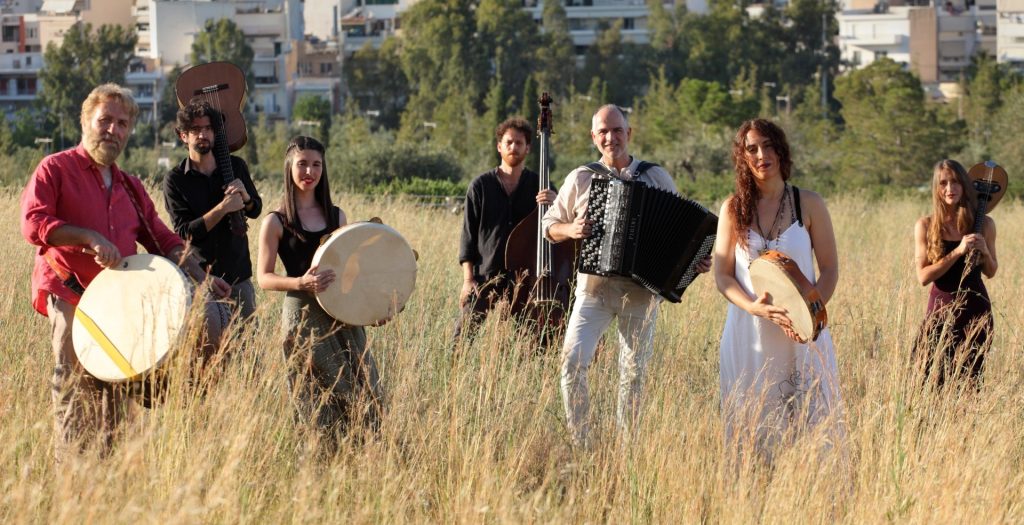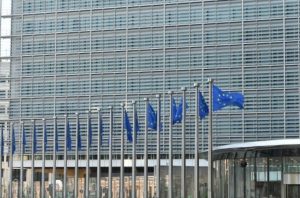Rudyard Kipling, with his poignant words, asks “What do they know of England who only England know?” Though simple, his expressions and language are piercingly acute. They evoke a sense of incomprehension and distorted perception. He suggests a subsequent realisation, a confrontation with a deeper truth. This truth permeates the EU’s approach to understanding and engaging with the international order—a perspective, unfortunately, afflicted by a kind of cognitive malaise. It constitutes a misconception so deeply ingrained that it has become an accepted reality. It shapes the Union’s very being and existence. We only comprehend the world as we know it and have been living in it, because this is the only thing we‘ve ever known.
The European Union stands at the crossroads of two complex dilemmas: one existential, the other ontological. Each inadvertently influences and sustains the other, creating a cycle of reflection and reaction that defines its current predicament.
Looking at the Union’s birth certificate, we see an amalgamation that spent its infancy and school years during the Cold War. Subsequently matured in the era of American global dominance, and is now entering what might be called its university years—an adult in size, though perhaps not fully in confidence or experience. At each stage, the EU has relied on external support, especially in military and strategic matters. But that support is no longer guaranteed. The Union now stands without the familiar crutch that once gave it balance. There’s even a real chance, depending on the outcome of the American elections, that this support could be withdrawn significantly and not in an orderly fashion. Europe, once again emerging as “this seat of Mars”, faces a future where it must navigate without the same external help it once took for granted.
Two decades ago, Europe greeted the 21st century with optimism and confidence, welcoming almost a dozen new countries (EU10) into the family. The Yugoslav conflicts had ended, Iraq and Afghanistan were far away (in our view, that was America’s mess, not ours), and Russia was fully head-on cooperation mode. Oh, the irony!
A few critical developments unfolded thereafter. The US seemed unable to win its crusade against the “axis of evil”, and that ignited a cascade of assumptions and realities. This marked the first visible crack in once a formidable armour. Fast forward to 2024, skimming through Georgia, the financial crisis, the Middle East, the so-called Arab Spring and its subsequent wars, the migrant crisis, Crimea, Armenia – Azerbaijan, Libya, the Sahel, all the way back to Ukraine and the Middle East. We journeyed from “the hills are alive with the sound of music” to NATO branded braindead and war crimes at our doorstep. To the sobering realisation of fractured world order and the eventuality of a not-so-braindead NATO. Twenty years where certainty and images about a bright future boiled down to uncertainty and a bleak and desolate present.
“Existence precedes essence”, an idea explicitly formulated by Jean-Paul Sartre, suggesting that through consciousness values are created, and it is through actions that gain meaning and significance. Europe may hold vast deposits of history -the well from which consciousness feeds-, yet in recent years, the Union has found itself operating in something of a vacuum—offering a minimal response, both in thought and action, to the various crises unfolding on its borders. For far too long, it has been stuck in that pattern. During its formative years, the Cold War era made such passivity an acceptable stance. But as the world has clearly shown, those days are long gone. L.P. Hartley’s reflection, “The past is a foreign country; they do things differently there,” resonates as a stark reminder that what has passed is irretrievably lost.
Now, the real question isn’t about when or how the EU will mature into a fully functioning force on the global stage. It’s about whether the Union has the time to adapt before it’s too late. Can it face the pressing realities it’s been ignoring for years? This isn’t just a matter of policy. It starts to resemble a question of survival—an existential crisis that challenges its very identity.
Actions, after all, define significance. They shape existence. And if we don’t take control of the narrative and act, the system will make the choices for us—as it often does. And rest assured, we won’t like the outcome if we leave it to fate.
Dimitris Kollias
Junior Research Fellow – Programme Manager, ELIAMEP



